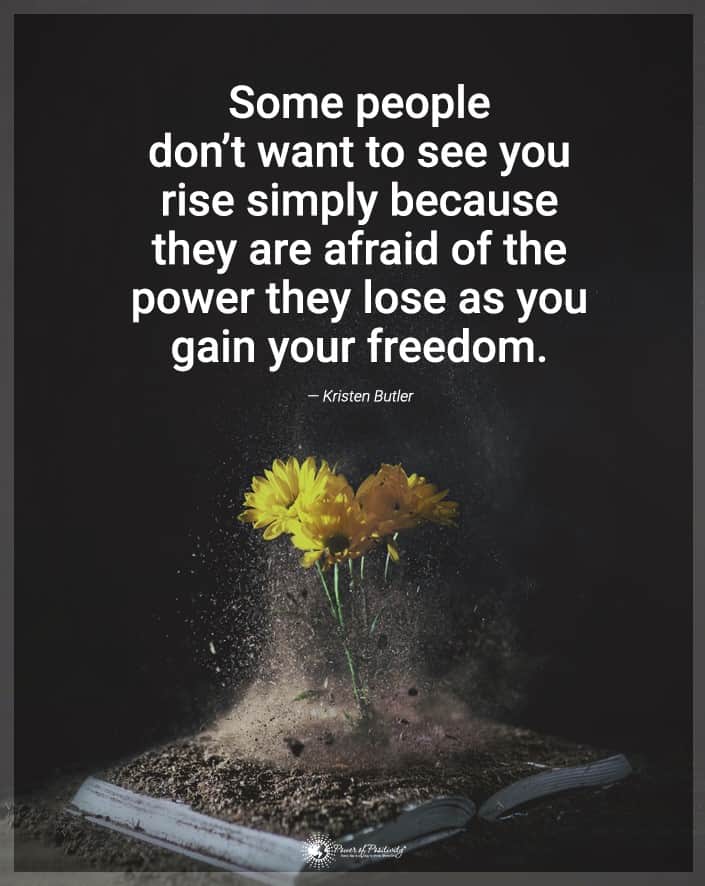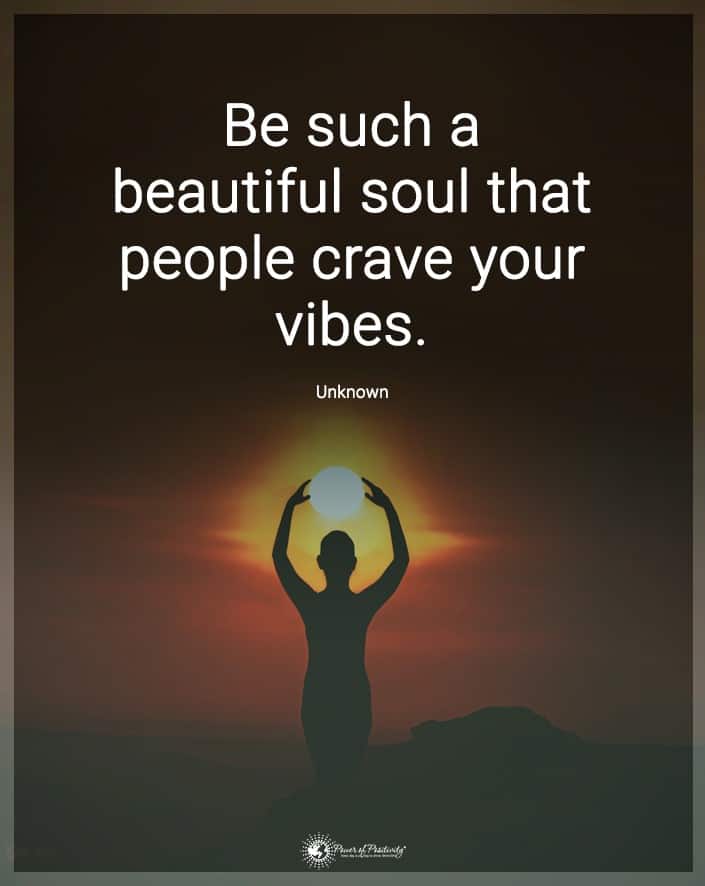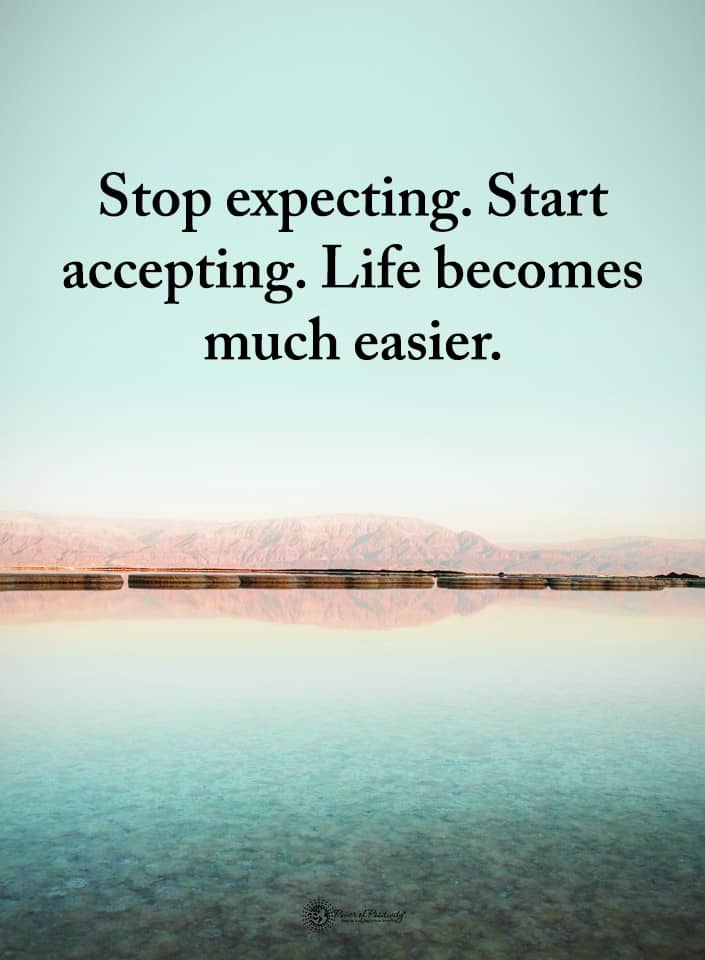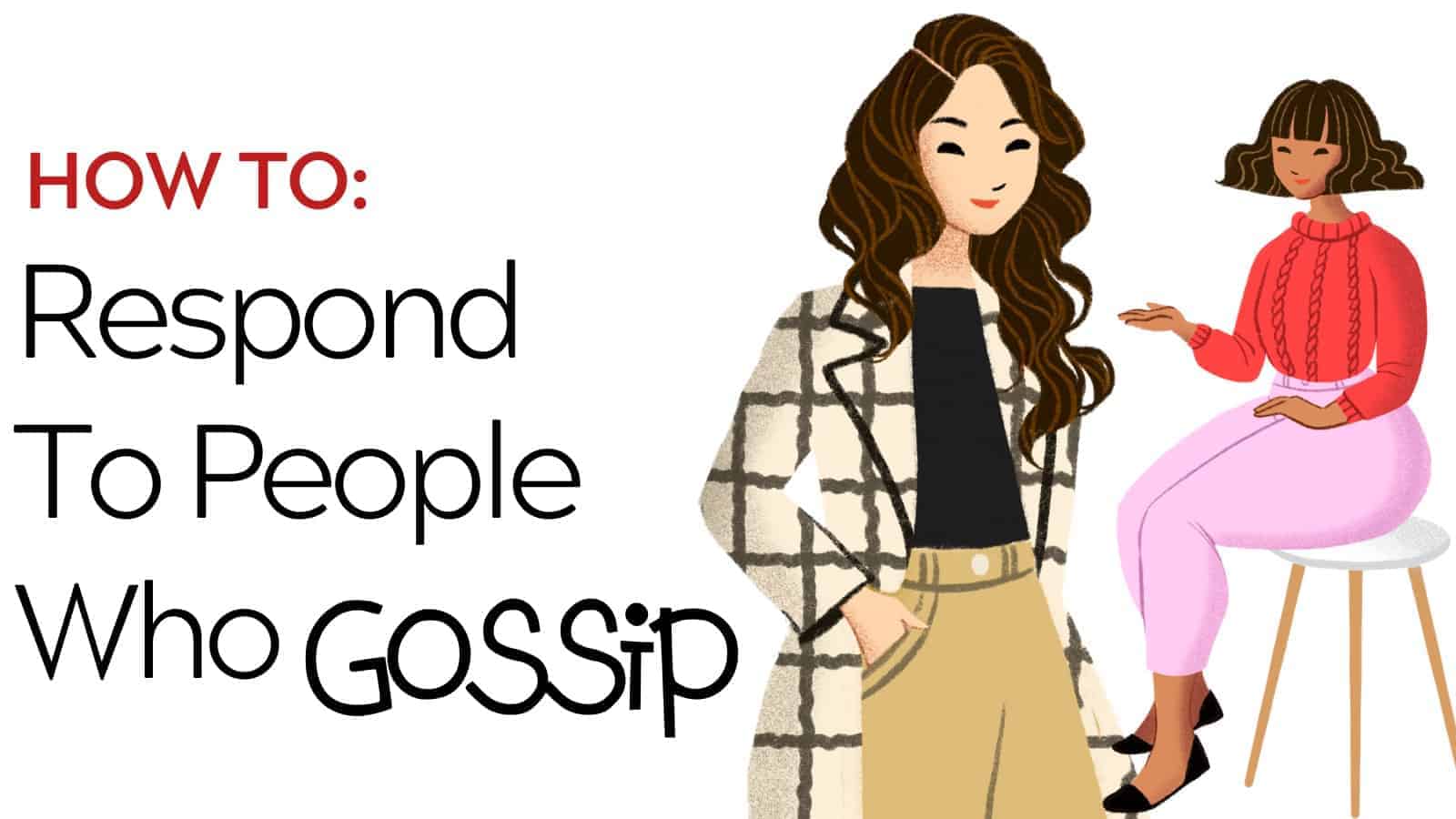Our bodies are filled with mysteries that scientists are still unlocking, and they have found ways for you to actually use your natural superhuman powers.
You may have seen these superhuman abilities in previous articles and we’ve talked about some of the amazing things that your body can do with minimal effort on your part.
Let’s look at twelve ways to discover our superhuman potential.
12 Super Powers You Actually Have (And How to Use Them)
1. Prevent pain
The next time you get a bump or bruise, try coughing. This act of forceful pressure activates your body’s vagus nerve. Coughing or bearing down while holding your breath is a way to activate your vagus nerve. This will help reduce stress, slow your heart rate, and lessen the impact of pain.
2. Night vision
The supposed reason for a pirate’s trademark eye patch is to unleash the superhuman ability of night vision. By keeping one eye closed, you avoid exposing your closed eye to bright lights (like torches) that cause your pupil to dilate, which is great for daylight vision, but not for night vision.
3. Prevent brain freeze
Eating your ice cream a bit slower would help, really, but the painful sensation of a brain freeze headache can be prevented even if you gulp your chilled treat.
Use your tongue to press against the roof of your mouth after each mouthful is swallowed. You are using your tongue to warm the roof of your mouth and the nerve that is there connecting to your brain.
4. Cure a headache and hold your breath underwater longer
Hyperventilation leads to vasoconstriction in the brain, which reduces the amount of blood pressure present in the blood vessels and helps with the pain of a headache.
Rapid, shallow breathing also forces more carbon dioxide out of the blood, which means there is more room for oxygen. Hyperventilating before a long dive under water will allow you to hold your breath longer.
This superhuman ability is due to the reduced carbon dioxide in your blood, which is usually the signal to your body to take a new breath. By reducing the trigger, you postpone the body’s need for a breath.
5. Superhuman memory abilities
Put the information in your brain before going to bed to unleash your superhuman ability to remember things. At night, our brains process information that came in during the day and creates memories from it. Review what you need to remember right before dreaming and you’re more likely to recall it.
6. Build your superhuman skeleton
Repeated stress activities, like running, can build stronger bones in the limbs that receive the impact. This is also true for the forearms and hand bones of martial artists who break boards and stacks of bricks.
7. Super hearing power
Use your right ear to hear a faint conversation in a crowded party better. Turn your head so that your right ear is closer to the person speaking. Your left ear is better for picking up musical notes.
8. Heal yourself with your superhuman placebo abilities
In a study of patients with irritable bowel syndrome who were offered, and told, that a placebo could help them, actually had fewer IBS symptoms, even when they KNEW they were getting a pill that had no medicine in it. If you have to fool yourself into making a fake label for a bottle of vitamin supplements that says ‘Superhuman Healing,’ try it the next time you have an illness or pain.
9. Breathe through a stuffed nose
Clear your clogged sinuses by pressing against the roof of your mouth with your tongue and then pressing the spot between your eyebrows. Do this back and forth for a while pressing your forehead, then the roof of your mouth until the blockage is cleared.
By pressing this area, you are forcing your sinus bone to rock, which unleashes your superhuman ability to breathe, even when your nose is stuffed. The tongue and finger pressure moves the Volmer bone, which divides the sinus cavity, and this should release the pressure, drain the sinus and allow you to breathe normally.
10. Stop bleeding
Most people know that you pinch your nose and tilt your head back to stop a nosebleed, and contain the mess with a tissue, but this method is not ideal. When you tilt your head backwards during a nosebleed, you end up just allowing the flow of blood to continue down the back of your throat.
Instead, press a finger below your nose in the center of your upper lip and apply pressure. The pressure above your upper gums and below your nose helps stop most nosebleeds.
11. Stop the Earth from spinning
Anytime you feel dizzy, be it one too many drinks or an illness, you can regain your sense of control by holding on to a flat surface. Put your hand flat on a table or counter to give your body a reference point for something that is level and stable.
12. Avoid using the bathroom
If you are holding it and need to find a bathroom soon, the pressure on your bladder can become painful. Instead of suffering, relieve some pain by turning your thoughts to sex for a minute or two. The diversion helps your brain to pay attention to something else while you track down the nearest facility.










